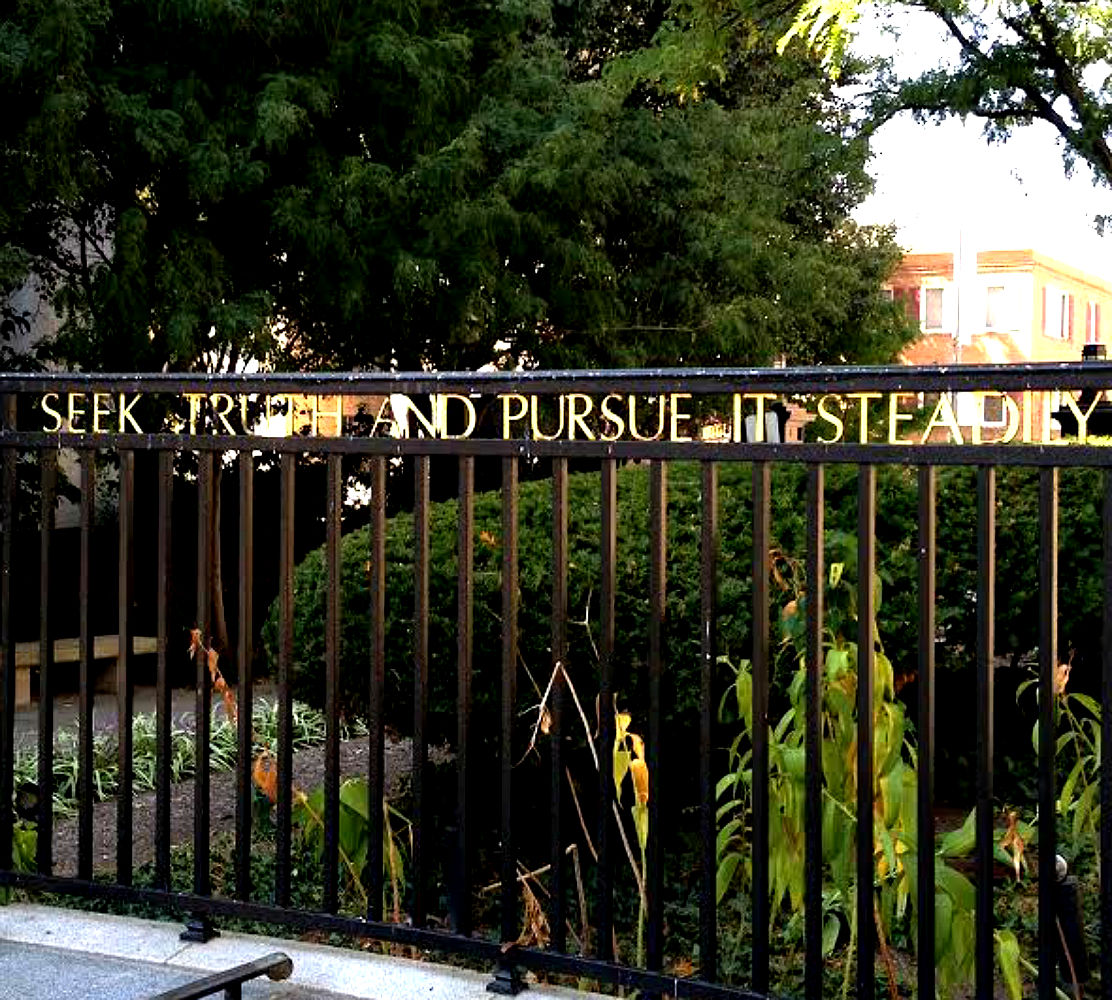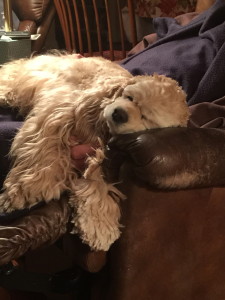“I do not think that word means what you think it means.” -Inigo Montoya, “The Princess Bride”
“Stick to Facts, sir! … In this life, we want nothing but Facts, sir: nothing but Facts!” –Charles Dickens, Hard Times

Snowy shrubs, Massachusetts Winter
“Information without context isn’t transparency” flashed across my Twitter feed. So now I am thinking about context, and communicating context, in medical care.
This quote, from Heather Pierce, JD, MPH, Director of Science Policy and Regulatory Counsel for the Association of American Medical Colleges, was made in the context of a discussion of The Sunshine Act. The Sunshine Act refers to the law and regulation mandating public disclosure of financial payments from for-profit companies to physicians. These payments are published without context regarding the relationship of the physician to the company or industry, if there is conflict-of-interest, or if they exert any influence. Payments or items/services valued above $50 are all included, to my understanding. They may be for a textbook, lunch for the office, a junket or meeting, or research. None of this context is specified.
The concept of information without context is itself extraordinarily important, aside from the controversy and opinions swirling around the Sunshine Act. Transparency is the buzzword in many aspects of life these days, from politics and policy, to commerce, to medicine. I will focus on some aspects of context in medicine.
It is ironic, then, that I am taking a quote about context out of context, to write about the importance of context.
There are to me two main areas in medical care where context is important, and both are contained in the exchange between patient and physician. There is the context the patient provides to us, and there is the context we physicians provide back to the patient. All of this context depends on communication.
The communication from patient to physician is crucial, even critical, in sorting out the details of symptoms and complaints. This history provides the context and framework for appropriate testing, and accurate diagnosis. Too often too many forces work against revealing this context. Time constraints on the patient visit, the crush and chaos of an emergency setting, the limitations of documentation (especially electronic) stripping nuance and detail from the record. Without context, the testing (labs, imaging) are no longer accurately aimed like a bullet, but becomes instead a shotgun blast, a scattered approach. The patient needs the time and space, and our interest and attention, to understand this context.
Likewise, physicians provide context back to the patients. The context for the tests and results, the diagnosis, what it means. The meaning as it stands alone, and as it fits in the patient’s own context, which we mirror back to them. The transparency of sharing results with patients is important, but here, too, the context is important. Stakes are too high, miscommunication too easy a trap, misunderstanding and denial too common. Lab test, x-ray report, biopsy result all need to be communicated with attention to context. They are not stand-alone, black and white. It is my role as physician to help the patient understand, help formulate a plan, and that also means providing an interpretation (context again) for the results, helping the pieces of the puzzle fall together.
I am therefore not a fan of systems, whether laboratory reports or radiology results, providing results directly to patients, bypassing the ordering physician. The Skeptical Scalpel outlines the issue well, as he ponders, “Should radiologists tell patients their test results?” It is like the whole direct-to-consumer advertising mentality. And again, I believe it all boils down to context. If we need to expedite getting the results to patients, then improve the communication between providers, between specialists, between departments. Permit the context to be shared and clarified in this space, too. Modify, alter, fix the system so that it facilitates rather than hinders these communications; transform the system so that it permits a place and space for the timely communication back to patients with room for context, and plan.
This is the space where healing and compassion dwell, where trust is built, where the bond between physician and patient is forged. There are too many forces inserting themselves into this space, where they do not belong. This is the space where meaningful and open communication happens. Where the patient and the physician become the team, not opponents. This is context. Most importantly, this is transparency. Isn’t this what we were after all along?










